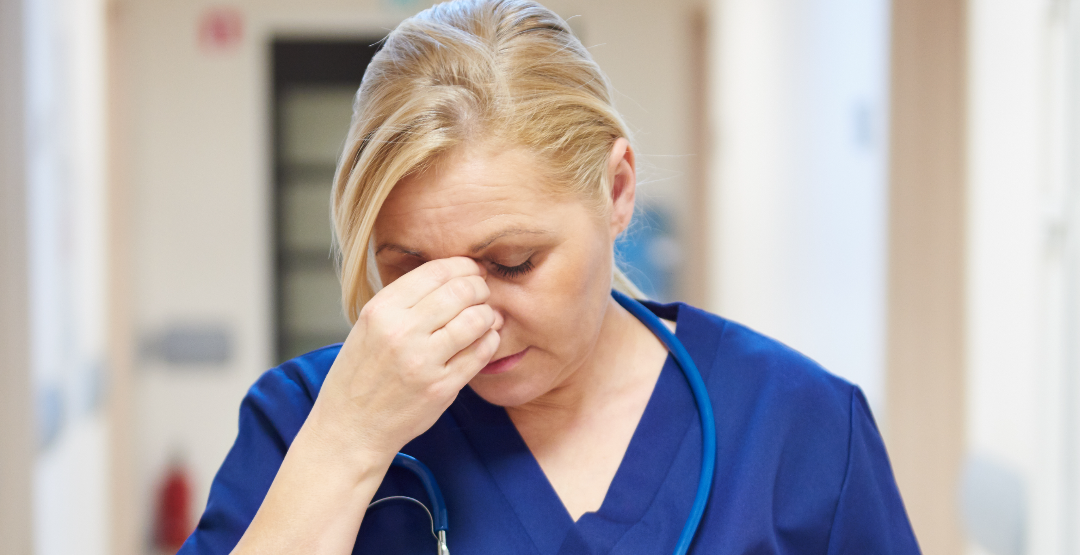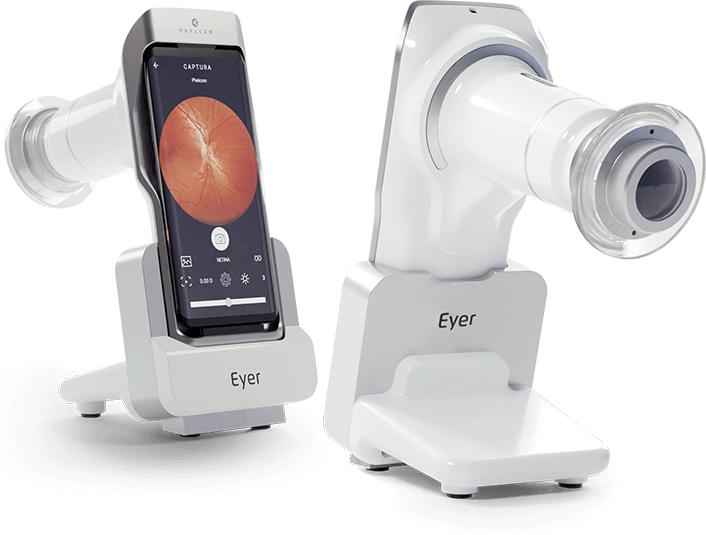Unfortunately, doctor and stress may walk side by side. The routine of these professionals is often quite troubled, with long days in different workplaces, several patients, relationship with suffering and death and difficult decision-making. The pandemics worsened this scenario, even more so for those who have been on the front line.
For example, a survey conducted by the Federal Council of Medicine (CFM), with 1.6 thousand doctors, from September to December 2020, revealed that the pandemics impacted the life of 96%, either increasing the level of stress (22.9%), generating a feeling of fear and panic (14.6%), reducing the time dedicated to family, meals and leisure (14.5%) or decreasing the time and quality of sleep (7.6%).
Therefore, it is essential to invest in building a balanced life. For this, we picked 8 tips on how to better manage stress in everyday life. Check it out!
1. Sleep tight
This tip is essential and also the most difficult to follow by doctors. Long working hours and even stress itself make it difficult to keep a good sleep routine. However, it is essential to prioritize good sleep, which is as fundamental for the body as healthy eating and the practice of physical exercises, for example.
Sleep deprivation deeply impacts health and generates stress due to the growth of cortisol and ACTH (adrenocorticotropic hormone) levels. It affects the cognitive system, increases irritability and anxiety, modifies the body’s immune response, collaborates for the emergence of diseases such as high blood pressure and diabetes and changes appetite. It also favors obesity, since it reduces the hormone that causes satiety (leptin) and stimulates the hormone that increases hunger (ghrelin).
Therefore, seek to sleep 7-8 hours a day. To do this, set schedules to create a routine and avoid electronic devices and stimulating food (sweets, coffee, soft drinks), coffee and alcoholic beverages two hours in advance.
2. Take balanced meals
Often, when we are stressed, we feel the need to consume food high in fat and/or sugar, in addition to alcohol. Instead of relaxing, we may face even more problems, such as agitation, overweight and obesity.
So invest in a healthy diet with more intake of greens, fruits, vegetables, white meat and water. For example, dark green vegetables, which are rich in vitamins, folic acid and fiber, and lean proteins, such as fish and poultry, contribute to reduce oxidation, which may be related to increased inflammation.
3. Do physical activities
So far, we have not spoken any news that you do not know already. But that doesn’t mean you can put it into practice, does it? Including physical exercises in everyday life can be challenging, but it is essential to keep the “doctor and stress” relationship more balanced.
Can you set 30 minutes a day? No? Then do it in 15 minutes. Regularity will increase endorphin production. If the activity is under sunlight, you will also have serotonin, which helps in mood and focus.
4. Organize your day
Not having an organized schedule causes even more stress, because you cannot identify daily priorities, nor which urgent tasks demand your attention. .
Being clear on which subjects are most important helps you keep control. So, before you start the day, set your tasks and remark your priorities.
5. Have moments of leisure
Feeling that life has become only work, family and personal obligations may demotivate you, cause sadness and even depression. That is why leisure moments are essential.
For example, if you like to hang out with family and friends, arrange dinners and visits. Also take some time for hobbies: reading, playing sports, watching films, marathoning series, playing with pets, etc.
It’s hard to imagine how to fit this into the routine, but try. Undoubtedly, stress will decrease by relaxing and focusing your attention on other things.
Photo: Freepik
6. Meditate
Meditation is proven to help reduce stress. By paying attention only to the present moment, mind and body connect, relaxing and slowing your thoughts.
The technique involves conscious breathing and the emptying of the mind. This does not mean that you will not think about anything during meditation, but that you should not cling to thoughts. Just watch them and let them pass.
There are guided meditations with various goals, such as relieving stress, increasing concentration, relaxing, etc. Currently, it is possible to watch some videos on YouTube or download applications for this purpose.
7. Mindfulness
Have you ever heard of mindfulness? The practice simply consists in being attentive of body and mind in the present moment. That is, neither remembering the past nor thinking about the future. Only in the present.
Are you having lunch? Pay attention exclusively to the food, chewing, flavors and textures. Talking to a friend? Practice active listening: focus entirely on what is being said, instead of just listening passively while you’re already working out the answer.
Going to play a sport? Notice the movements of the body and the sensations that the activity produces. Will you read or watch your favorite series? Just focus on that moment – say goodbye to scrolling the mobile screen on social networks while watching TV. Try your best to avoid your thoughts being in that conversation from last year or in the bill you need to pay tomorrow.
The technique has existed for 2,500 years and generates benefits such as reduced stress, increased focus and concentration at work, reduced emotional reactivity and improved cognitive flexibility, among others.
8. Seek professional help
In extreme cases of stress, seek professional help. The condition can worsen to anxiety, depression and burnout syndrome if you do not have the proper follow-up.
Take care of yourself too.
Reviewed by Paulo Schor, ophthalmologist, associate professor and director of innovation of the Federal University of São Paulo (Unifesp) and collaborator of the Faculty of Medicine of the Albert Einstein Hospital.
Follow Phelcom blog and stay on top of news about doctors and stress.
Subscribe

 English
English




